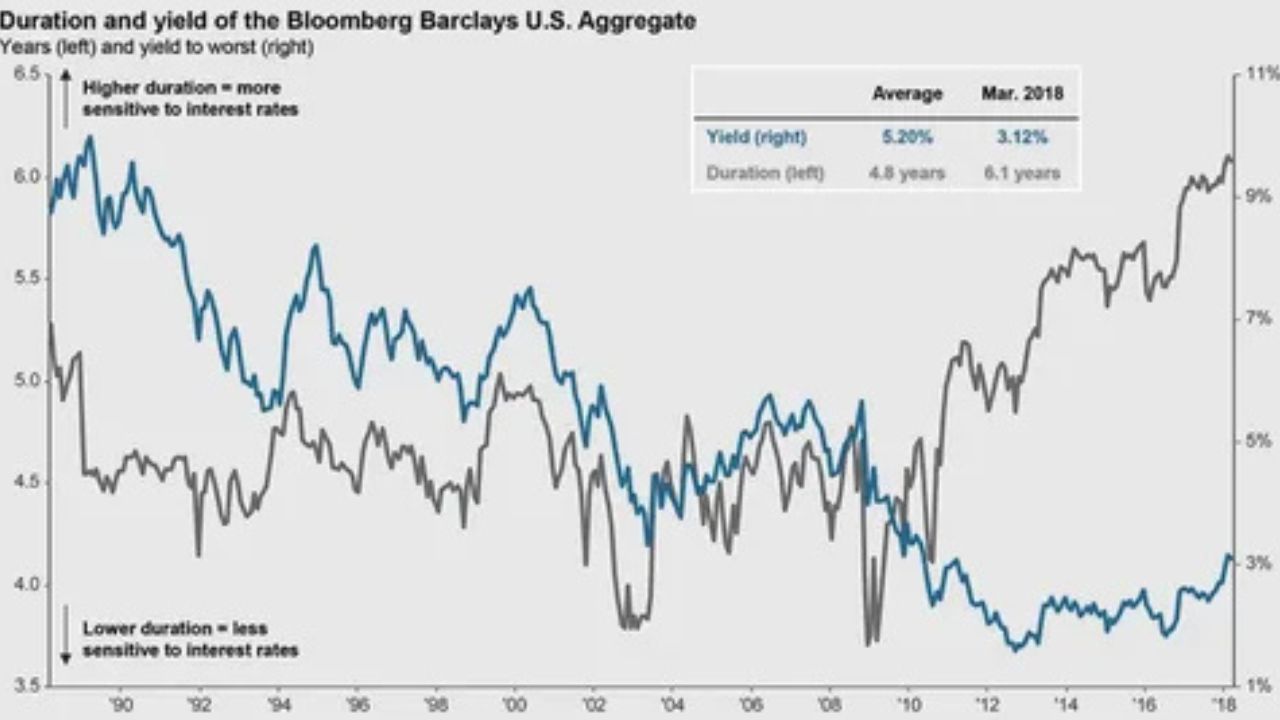Auto insurance protects against losses from accidents, theft, or vehicle damage. Policyholders pay premiums to insurance companies in exchange for coverage. It typically includes liability, collision, comprehensive, and uninsured motorist protection in most places. Coverage levels and premiums vary.
What Is Car Insurance?
Car insurance might be a contract between a vehicle proprietor and a securities company, giving money-related affirmation against incidents from mischances, burglary, or other hurt. The policyholder pays a premium, and in return, the backup plans cover specific costs, such as vehicle repairs, therapeutic costs, and commitment for hurt caused to others.
Scope changes by approach but frequently consolidates commitment, collision, comprehensive, and uninsured driver confirmation. Car assurances are made as often as possible, ensuring drivers can cover potential costs from incidents or hurts.
Auto Insurance Costs
Auto Insurance costs shift based on a few variables, including the driver’s age, driving history, area, sort of vehicle, and scope level. More youthful drivers and those with destitute driving records mostly confront higher premiums.
Urban ranges have higher rates due to the expanded hazard of mischances and burglary. Vehicles with high repair costs or those more inclined to burglary can raise premiums. Also, the sort and sum of scope selected—liability, collision, comprehensive, and additional items like roadside assistance—impact the toll taken.
Rebates may be accessible for secure driving, bundling approaches, or introducing security highlights. Frequently comparing cities from distinctive safeguards can offer assistance in discovering the finest rate.
How Auto Insurance Works
Auto Insurance works by giving money-related assurance against different sorts of vehicle-related misfortunes. Once you buy an arrangement, you concur to pay a premium in trade for scope. If a mischance or secured occasion occurs, you file a claim with your guarantors.
At that point, the guarantors survey the claim, deciding on blame and scope degree. Depending on your approach, they may pay for vehicle repairs, therapeutic costs, and third-party harms. Scope ordinarily incorporates obligation (for harms you cause to others), collision (for your vehicle’s harm), comprehensive (non-collision-related harm), and uninsured/underinsured driver assurance.
Deductibles apply, which is the sum you pay out of stash. Some, sometimes recently, protections cover the rest. Taking after a claim, your premiums might increment based on the claim’s nature and blame assurance.
Who Does Auto Insurance Coverage Protect?
Auto Insurance scope ensures a few parties. Firstly, it covers the policyholder, giving money-related bolster for repairs, restorative bills, and other costs coming about from a mischance or secured occasion. It, too, ensures travelers within the guarantor vehicle, advertising therapeutic scope and stipend for wounds.
Also, the obligation scope amplifies to other drivers, travelers, and people on foot harmed or whose property is harmed in a mischance caused by the policyholder. Uninsured/underinsured driver scope secures the policyholder and travelers if a mischance includes a driver without adequate protection.
At long last, comprehensive and collision scope ensures the policyholder’s vehicle from burglary, vandalism, and non-collision harms. This wide security guarantees monetary help for different parties affected by auto-related occurrences.
Covered By My Auto Insurance
Your auto insurance regularly covers a few key ranges. Liability insurance pays for harms and wounds you cause to others. Collision insurance covers damage to your vehicle from mishaps. Comprehensive insurance protects against non-collision occurrences like burglary, vandalism, and characteristic catastrophes.
Personal injury protection (PIP) or therapeutic installment scope pays for therapeutic costs for you and your travelers. Uninsured/underinsured driver scope makes a difference if you’re in a mishap with a driver missing adequate protection.
Extra choices might incorporate roadside help, rental car repayment, and hole scope for financed or rented vehicles. Scope specifics depend on your arrangement and stage directions.
Is Auto Insurance Coverage Mandatory?
Auto insurance coverage is obligatory in most places. Most states within the U.S. require drivers to have the least level of obligation insurance, which covers damages and wounds you cause to others in a mishap.
A few states also order extra inclusions like individual harm security (PIP) or uninsured/underinsured driver scope. These necessities guarantee that drivers can cover potential costs from mischances, ensuring all road users.
Failure to preserve the desired protections can result in fines, permit suspension, and lawful results. The specifics of the required scope change by state, so knowing your neighborhood laws is vital.
Types of Auto Insurance Coverage are Typical
Auto insurance policies typically include several types of coverage, each serving different purposes:
- Liability Insurance: This is usually mandatory and covers the costs of injuries and property damage you cause to others in an accident. It consists of two components: bodily injury liability and property damage liability.
- Collision Coverage: This pays for damages to your vehicle resulting from a collision with another car or object, regardless of who is at fault. It’s particularly useful for repairing or replacing your car after an accident.
- Comprehensive Coverage: This protects against non-collision-related incidents such as theft, vandalism, natural disasters, and animal strikes. It covers repair or replacement costs for your vehicle.
- Personal Injury Protection (PIP): Also known as no-fault insurance, PIP covers medical expenses, lost wages, and other costs for you and your passengers, regardless of who caused the accident. It’s required in some states.
- Uninsured/Underinsured Motorist Coverage: This coverage steps in if you’re involved in an accident with a driver with insufficient or no insurance. It helps pay for medical bills and repair costs.
- Medical Payments Coverage (MedPay): Similar to PIP but typically less comprehensive, MedPay covers medical expenses for you and your passengers after an accident, regardless of fault.
- Gap Insurance: This is important for leased or financed vehicles. If your car is totaled, gap insurance covers the difference between the car’s actual cash value and the amount you owe on the loan or lease.
- Roadside Assistance: This optional coverage provides services like towing, fuel delivery, lockout assistance, and tire changes if your vehicle breaks down.
- Rental Reimbursement: This optional coverage helps pay for a rental car if your vehicle is being repaired after an accident.
What is Gap Insurance, and Do I Need It?

Gap insurance is a type of auto insurance coverage that pays the difference between the actual cash value of your car and the amount you owe on your auto loan or lease if your car is totaled or stolen.
You might need gap insurance if:
- You have a loan or lease: If you financed your vehicle with a loan or lease, the amount you owe might be more than the car’s actual cash value, especially in the early stages of ownership when the car depreciates quickly.
- Your down payment was small: If you made a small down payment or none, the gap between what you owe and the car’s value is larger, making gap insurance more beneficial.
- You purchased a vehicle with high depreciation: Some vehicles depreciate faster than others. If you bought a car known for depreciating quickly, gap insurance can provide added protection.
Whether you need gap insurance depends on your circumstances. If you owe more on your car than it’s worth orlease or loan with little or no down payment, gap insurance can provide valuable financial protection. However, if you own your car outright or owe less than its value, gap insurance may not be necessary. It’s important to evaluate your situation and consider the potential benefits and costs of gap insurance before deciding.
Conclusion
Auto insurance is crucial in providing financial security for drivers and their vehicles. The auto insurance definition and obtaining auto insurance quotes from various auto insurance companies are essential for finding suitable coverage. While seeking cheap auto insurance is a common goal, it’s equally important to consider direct auto insurance providers‘ reliability and customer service.
By assessing different options and weighing factors like coverage, premiums, and customer support, drivers can make informed decisions to safeguard themselves on the road. Whether searching for auto insurance companies or contacting direct customer service, proactive measures ensure comprehensive protection tailored to individual needs.
FAQ
Who typically has the cheapest car insurance?
Several factors influence car insurance rates, including age, driving history, area, and the sort of vehicle. For most, drivers with clean records, more seasoned age, and low-risk vehicles tend to have the cheapest car protection. Moreover, those who bundle arrangements or qualify for rebates may also discover lower rates.
Who has the cheapest car insurance in Georgia?
Finding the cheapest car protection in Georgia depends on various factors, including driving record, age, and type of vehicle. Companies like State Cultivate, Geico, and Dynamic frequently offer competitive rates, but the leading alternative varies for each person based on their unique circumstances.
Who is cheaper, Geico or Liberty Mutual?
Whether Geico or Freedom Shared is cheaper depends on your driving history, area, and scope needs. Both companies offer competitive rates, so comparing sites from both is the best way to discover the most reasonable alternative for your particular circumstance.
Who is the top 5 insurance company?
The best five insurance companies within the joined-together States based on showcase share and client fulfillment are State Cultivate, Geico, Dynamic, Allstate, and USAA. These companies reliably rank high in terms of money-related quality, client benefit, and scope alternatives.
Who is cheaper, Geico or Progressive?
Deciding if Geico or Moderate is less expensive depends upon individual variables like driving history, area, and inclusion needs. The two organizations offer cutthroat rates, so it’s recommended to acquire statements from both to determine the most reasonable choice for you.
Who has the cheapest full coverage?
Recognizing the protection supplier with the least expensive full inclusion depends upon several factors, including your driving record, area, and the sort of vehicle you own. Organizations like Geico, Moderate, and State Ranch frequently offer cutthroat rates for full inclusion; however, correlations are fundamental for exactness.






